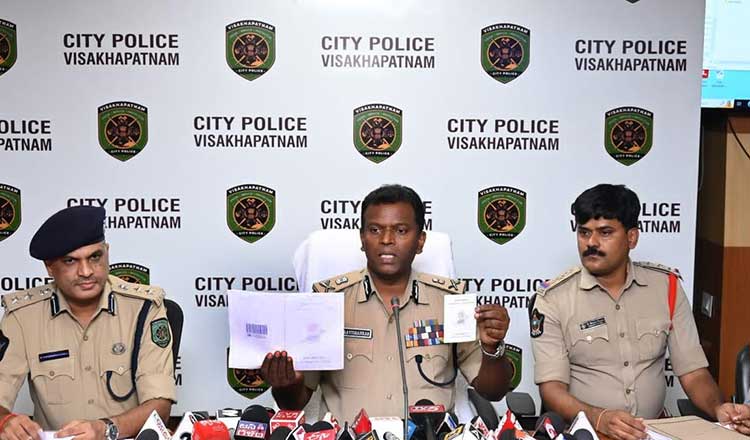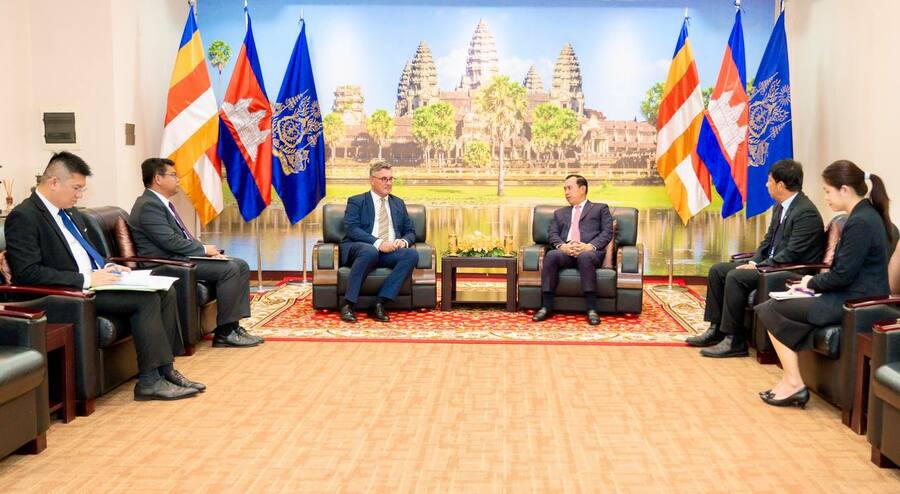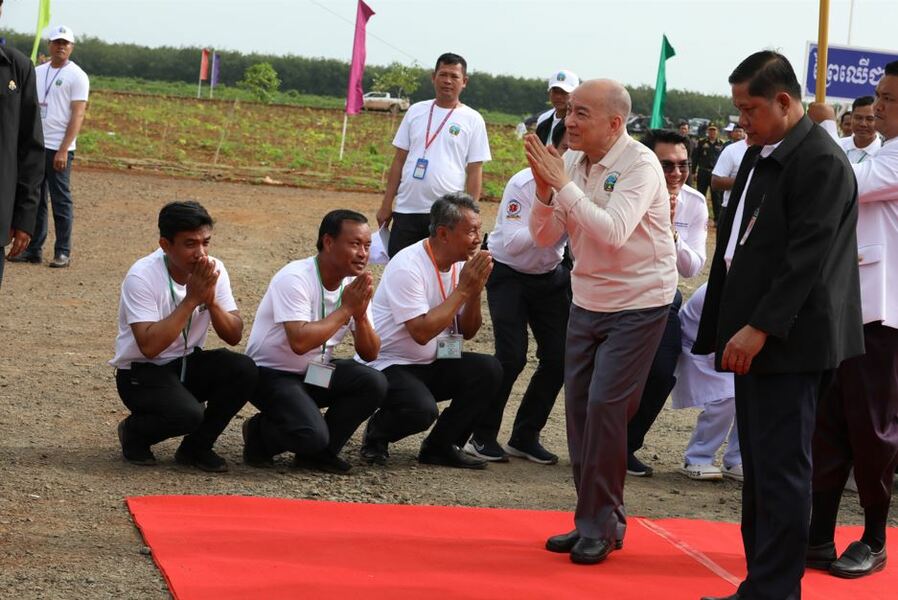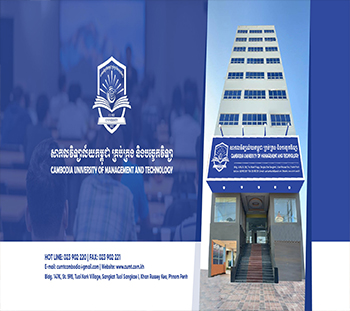
Cambodian, Indian police rescue 4 Indians from cybercrime syndicate


Indian Police have announced four more Indian nationals who had fallen victim to human trafficking organised by a cybercrime syndicate in Cambodia have been rescued, while 90 others victims are being repatriated.
According to a Times of India report, Visakhapatnam Police Commissioner Chief A. Ravi Shankar told the press on Friday that Indian Police in cooperation with their Cambodian counterparts, rescued the four victims, including a woman from Guntur state, from Cambodia on Thursday.
Ravi Shankar said these latest victims had fallen for the false promise of high-paid computer operator jobs, only to find themselves being forced to work in criminal activities, including online fraud against fellow countrymen.
This kind of job scam is a well-known modus operandi defining the modern form of human trafficking in Cambodia, which has dogged the Kingdom for the past three years and transformed the country from a “source” to an importing “destination”.
Ravi Shankar said Cambodian police have identified 158 Indian victims in Cambodia. Among those, 68, including 28 originating from Visakhapatnam City, have already returned to India. Meanwhile, 90 others remain in Cambodia, waiting for repatriation.
He added that Indian Police have also arrested “12 out of 21” agents responsible for tricking Indian citizens and sending them to criminal syndicates in Cambodia, Myanmar, and Thailand. Those rings are typically not local operations but operated by foreigners, mostly Chinese.
Khmer Times was not able to contact Cambodia’s Anti-Human Trafficking Police for comment yesterday.
However, Chou Bun Eng, Interior Ministry Secretary of State and Permanent Vice-Chairwoman of Cambodia’s National Committee for Counter Trafficking (NCCT), recently commended the strong cooperation shown by the Indian government and its diplomatic mission in Cambodia, which has led to “great success” in dismantling cybercrime syndicates and rescuing numerous Indian nationals.
“The Indian Embassy has set an exemplary standard in diplomatic missions for combatting human trafficking,” she said. “It has been working closely with us in identifying victims and locating syndicates, leading to timely and effective action.”
Bun Eng highlighted the importance of readily available contact information and the quick exchange of information between the Embassy and Cambodian authorities as key factors in successful intervention.
“What the Indian Embassy has done is a great example of what a country should do to protect its citizens from human trafficking.”
A recent investigation by the Khmer Times found a number of messages on Facebook and Telegram, the two most popular social media platforms in both India and Cambodia, posted by users who appeared to be “recruiters” specifically looking for Indian candidates to fill positions based in Cambodia.
Instead of advertising the work with media outlets or job recruitment agencies, the recruiters post them in groups and channels created for the purposes of finding jobs or networking sites among expats in the Kingdom. Information about the name or identity of companies or businesses isn’t revealed instead the messages state the jobs will be based in commercial hubs, specifically Phnom Penh, Sihanoukville, and Poipet.
The messages offer interested candidates with lucrative compensation with salaries “ranging from $800 to $3,500” and on-site benefits such as free food and accommodation. What is unusual is that recruiters ask for no special skills other than the ability to communicate with their fellow citizens in Hindi, Bangla and English.
Many similar messages have been found in several groups aimed at expats, especially those with members from the Indian community in the Kingdom.
In her latest interview with the Khmer Times, the Indian Ambassador to Cambodia Dr Devyani Khobragade asked Indians to exercise extreme caution when accepting any employment in Cambodia and neighbouring countries.
“You may only deal with authorised and registered Indian agents. Indian citizens are advised not to indulge in unlawful activities such as accepting job offers on a Cambodian tourist visa,” she said. “It is also advised a thorough background check of the Cambodian company, the nature of work involved, and the kind of work contract to be signed by those who are seeking jobs in Cambodia to see if there’s anything amiss.”






